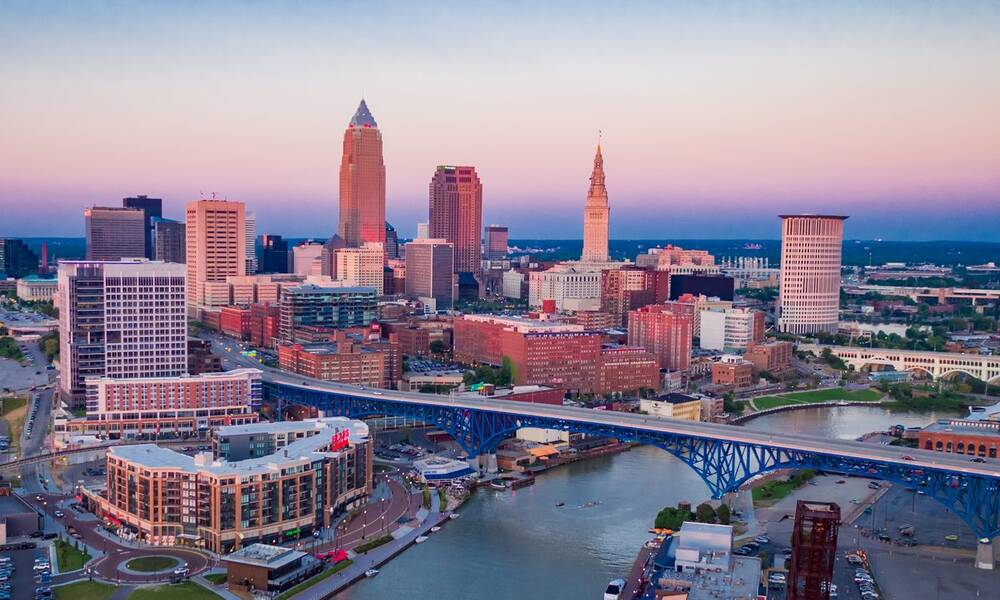
Why Ramped-Up Health Protocols Are Here to Stay
Businesses that commit to beefing up health and wellness practices are best positioned for the pandemic and beyond.
While health and safety might have been an afterthought just months ago, the coronavirus pandemic has created a new world order in which these are the priorities atop the decision-making matrix. As the U.S. Travel Association plainly put it in its guidelines: “Without guidance to promote the health and safety of travelers, there will be no travel, no sustainable reopening of our businesses, and no revival of our economy.”
Indeed, now when people decide whether and how to engage in travel or any other experience, they need to know it’s clean and safe. It must support both physical and mental health, both for people within the organization as well as for customers. And it’s the businesses that prioritize health and wellness that will come out on top amid the crisis and when the dust settles.
“Any consumer-facing business knows that people are making decisions about whether or not they feel safe,” says Destination Cleveland president and CEO David Gilbert. “So it’s a matter of dollars and cents, but also a matter of trust. Beyond what your customers are going to spend, it’s earning trust by showing through your actions that you truly do take seriously the health and safety of the people around you.”
To that end, Destination Cleveland introduced its Clean Committed program to both keep visitors safe and also to reassure them and encourage their repeat business. The program asks business owners in the travel or hospitality industry to voluntarily commit a slate of science- and public health-backed cleaning protocols, developed in partnership with the Cuyahoga County Board of Health, Cleveland Clinic, the MetroHealth System, and University Hospitals. This community wide effort was one that relied on collaboration and resilience to launch as quickly as it did—prioritizing the safety of customers from the very beginning of the pandemic. Businesses that pledge to these protocols have been designated as Clean Committed businesses, and can post this designation publicly.
More than 500 businesses have already registered, and Cleveland is enrolling about 40 more every week—the vast majority in the travel and tourism industry, such as restaurants, hotels, and attractions. Gilbert is aiming for the aggressive goal to enroll more than 1,000 businesses by the end of October.
The success metrics are layered. “One is we just know how many thousands of people are using our Clean Committed list as a resource of where they are choosing to go,” Gilbert says. “So it makes good business sense right now.”
But it’s also about playing the long game. “DMOs are at their core about attracting people to our communities. Right now that’s not a particularly relevant mission,” he explains. Instead, the mission is to help businesses advance health and safety standards now and also into the future—because the pandemic has wrought a permanent shift.
Gilbert likens it to the immediate and ongoing aftermath of 9/11. “For a while, there were dire predictions of what would happen to the airline industry, and while it took a while to recover, it did recover,” Gilbert says. “But it looked very different.”
That is to say, travelers had to get used to removing their shoes and limiting their carryon liquids—but they kept on flying.
“It raised a consciousness in us,” Gilbert says. “It’s hard to say exactly what it will look like in restaurants, stadiums, meetings, or trade shows. It’s hard to say what those changes are, but it’s almost guaranteed it’s going to become part of our future consciousness.”
For instance, handshakes and hugs might become relics. “It’s going to be really quite fascinating to watch how our whole society changes,” Gilbert says. “The consciousness of health and safety as it relates to passing along sickness and disease, whether it’s COVID or others, is going to be looked at very differently.”
In short, the current emphasis on overt health- and wellness-promoting measures is not a passing phase. Even a vaccine will not return us to the pre-COVID mindset.
“Travel decisions are going to continue to be made based on health and safety, and how individuals, businesses, and communities are dealing with it,” Gilbert says.
But even if the format changes, travel and meetings will come back. Because they’re not just critical for doing business, but essential as a basic human need.
“We are very resilient and we’re also social as a species,” Gilbert says. “So I don’t believe that virtual meetings and conferences are going to be the permanent wave of the future. People will figure out a way for the pendulum to swing back, but it will necessitate some different behaviors.”
Top among them for businesses: vigilant, consistent, and explicitly practiced health and safety measures.
To learn more about Cleveland, visit www.thisiscleveland.com/meetings.
(Destination Cleveland)





